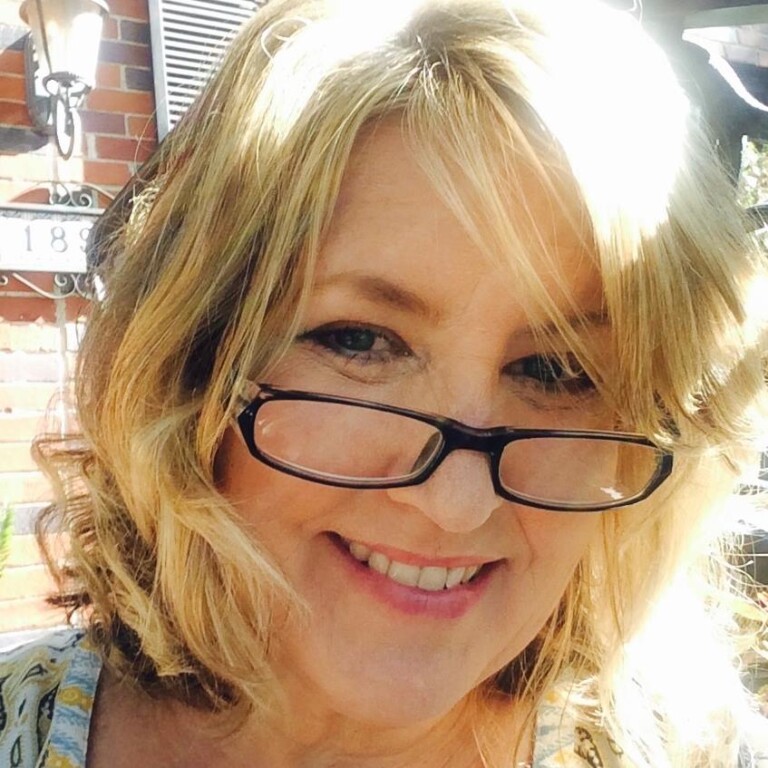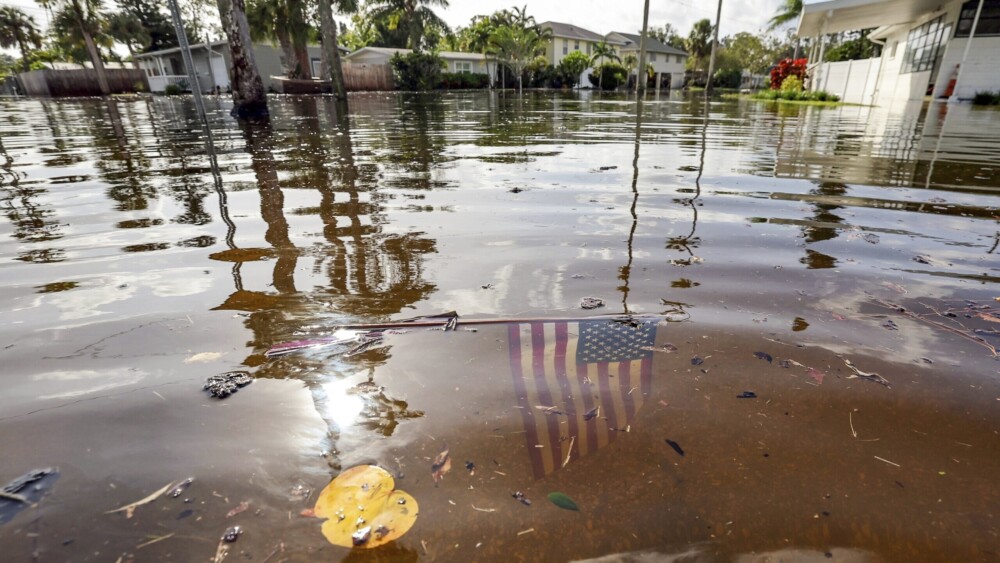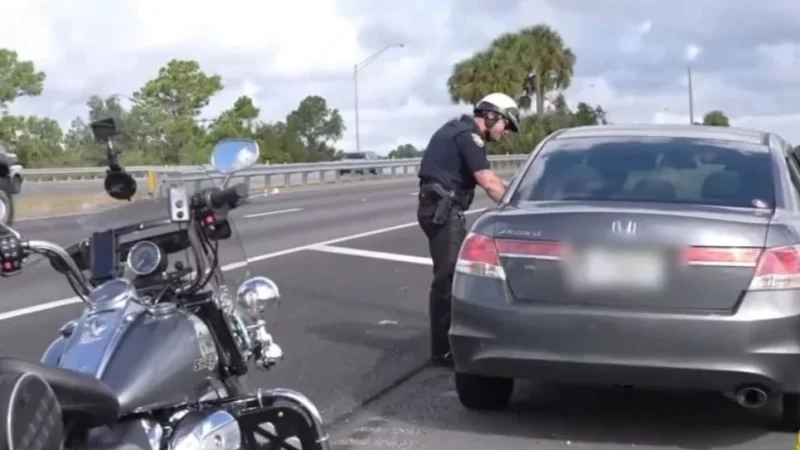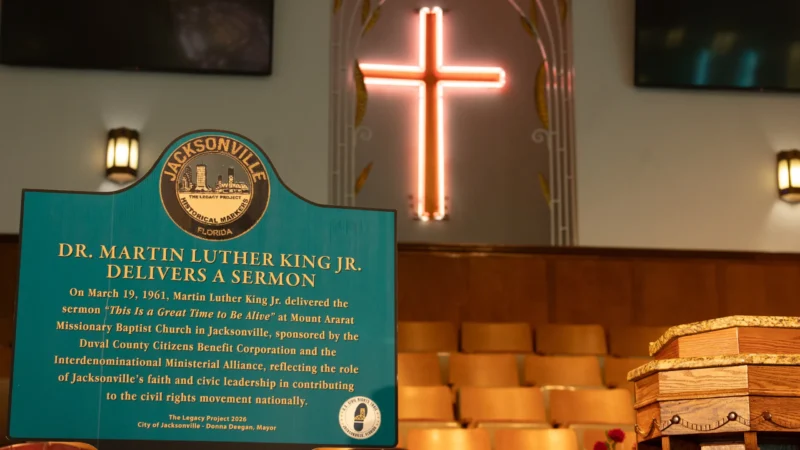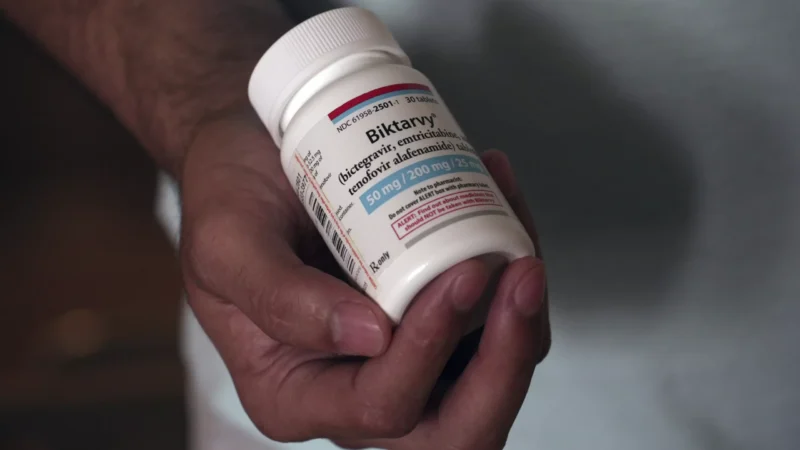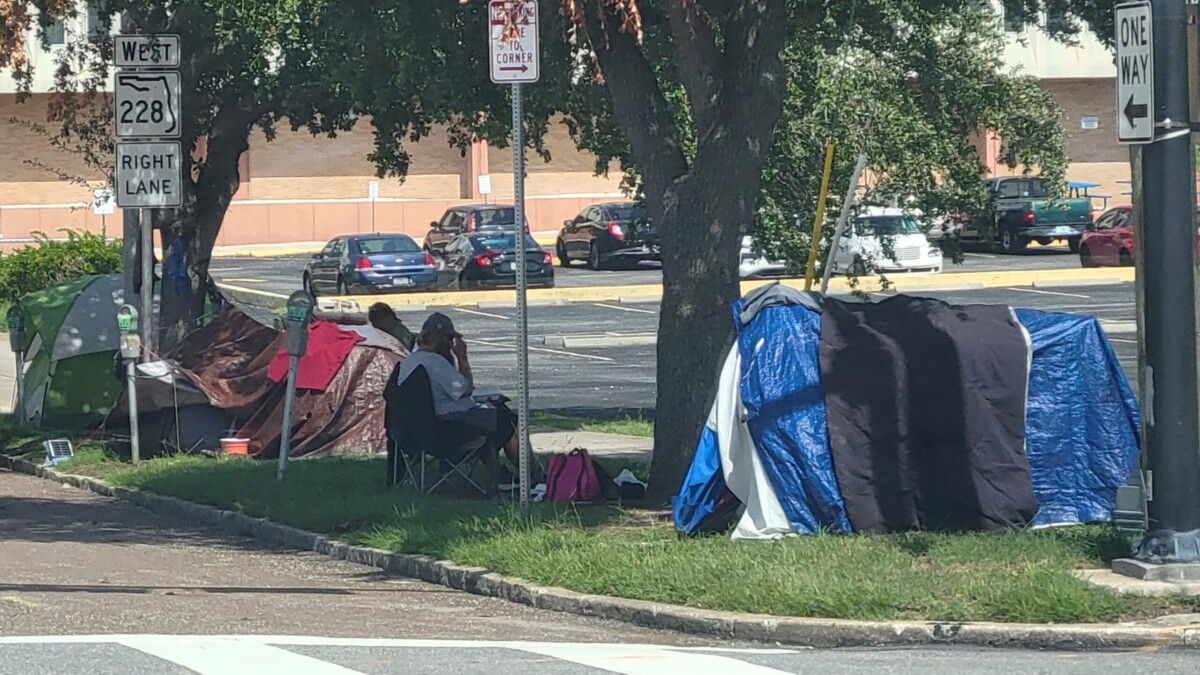“I think we’ll be all right.”
These are the words my husband and I keep saying to one another as we await Hurricane Milton’s arrival. As of this moment, we’re in the “tropical storm” zone, here in Jacksonville, just outside of the hurricane’s projected path. It comes with its own perils, being on the periphery: the unpredictable timing of river tides, winds, rain-soaked tree roots, vulnerable powerlines, and more rainfall.
Even so, right now, those risks feel less important than the grief that drenches our collective hearts, pulling us downward. It’s in the air, this grief. It is grief ongoing, and grief anticipatory. We can hear it in the cries of children in pharmacies; we can feel it amid the serious, silent bustle of supermarket shoppers.
One need not read Parable of the Sower to know the truth. Disaster is the new normal.
Florida’s Gulf Coast. The Big Bend. Western North Carolina.
Apocalypse is reality—for our neighbors and friends, our families, ourselves. Humans are asked to bear the unbearable. Not in the future, but now.
The children my husband and I raised are among the generations who have grown up with the certainty of climate change. Perhaps it wasn’t too late, back in the 1970s, when then-President Jimmy Carter installed solar panels on the White House roof. Perhaps there was even a little time left to act when Al Gore told An Inconvenient Truth.
Or perhaps it was always too late.
Our culture’s greed and consumerism, our addictions to fossil fuel, plastic, and disposable clothing were perhaps destined to beat us in this race to keep our planet livable. All these decades later, the truth is revealed. The real disaster, ravenous and relentless, is the insatiable human appetite for more.
Reader, when it is your turn or mine to stare at our rain-drenched furniture, curbside, when the power has been out for days and we are cranky from eating nuts and canned tuna and in terrible, malodorous, gritty need of a hot shower, we are going to need all hands on deck. All minds on deck.
One of those minds, one day, might be the little boy I overheard in Walgreens yesterday. He was upset because his dad would not purchase an overpriced plastic dinosaur egg full of sugary, tooth-rotting candy. Batteries and medicine are expensive, after all. Dad’s resources, as he explained to the wailing 5-year-old, are not limitless.
In my mind’s eye, I picture them going to the public library, checking out dinosaur books for free. I see them making Play-Doh dinosaur eggs and dinosaur bones at home at their kitchen table. I imagine Dad having enough energy and wherewithal to value and honor his child’s curiosity, despite all the stress, despite the fatigue I heard in his firm-but-patient voice. My prayer is he, too, will savor the joys of his son’s childhood, as my parents and grandparents once savored mine, back when times seemed kinder.
Perhaps it was they—the people who went before–who made the times seem kinder, between the travails of bills and hurricanes. Even so, capitalism worked better for more folks back then. And the storms weren’t as deadly, or as frequent.
A few years back, one of our adult children gifted me a copy of Octavia Butler’s Parable of the Sower. I tried to read it; truly, I did. The scenes of destruction were too graphic. I’m an empath, after all, and something in me is unwilling to imagine disaster-wrought human suffering. Not in my fiction reading, at least. I also don’t discount the possibility that I drowned or burned in a previous life, in a previous disaster.
The same sinking feeling that struck when I set down that book weighs on me now, like a leaden cape. Only now, the images aren’t fictive. They’re newsreels.
In Parable of the Sower, severe economic inequality and the effects of climate change conspire toward catastrophe. Yet miraculously, through Butler’s brilliant mind, a young woman finds ways to move forward. Ways to sow new seeds for humanity.
As we prepare for and wait for Hurricane Milton, days after Helene wrought her wreckage, the schools are closed. Workplaces are closed. Parents are worried about whether or when they’ll be working next, and whether or when they’ll be paid next.
Children will be watching, learning the lessons we want them to learn, and those we’d rather delay.
I want peace and security for the dad and his child from Walgreens, for all the parents and children who struggle in this increasingly crueler, more expensive, disaster of a world. Our children, and the ones to come, deserve ways forward.
Octavia Butler wrote “God is change.” So as this terror bears down on our neighbors, and maybe on us, too, I pray.
Lord, help us sow better. Amen.
